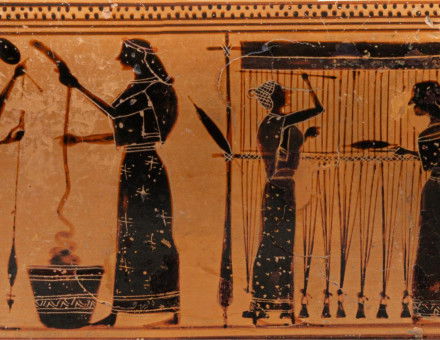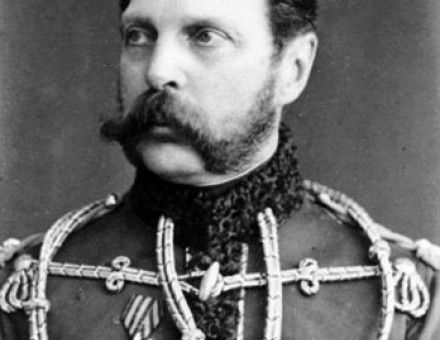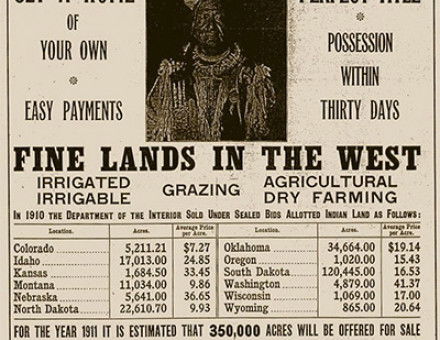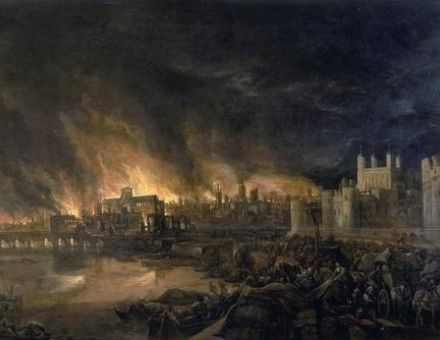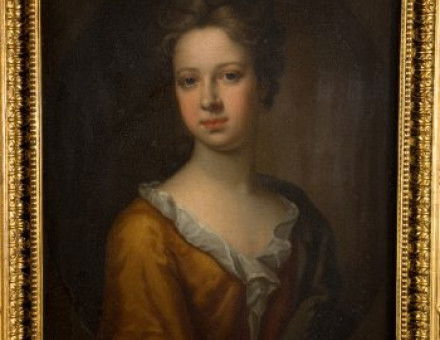Africans in the Indian Mutiny
For centuries, Africans were shipped to the Indian subcontinent and sold as slaves to regional rulers. Rosie Llewellyn-Jones tells the story of those who went to Lucknow to serve the Nawab of Oudh and who joined the Indian Mutiny when he was deposed by the British. For this allegiance their descendants, whom she has traced, still pay a price.



